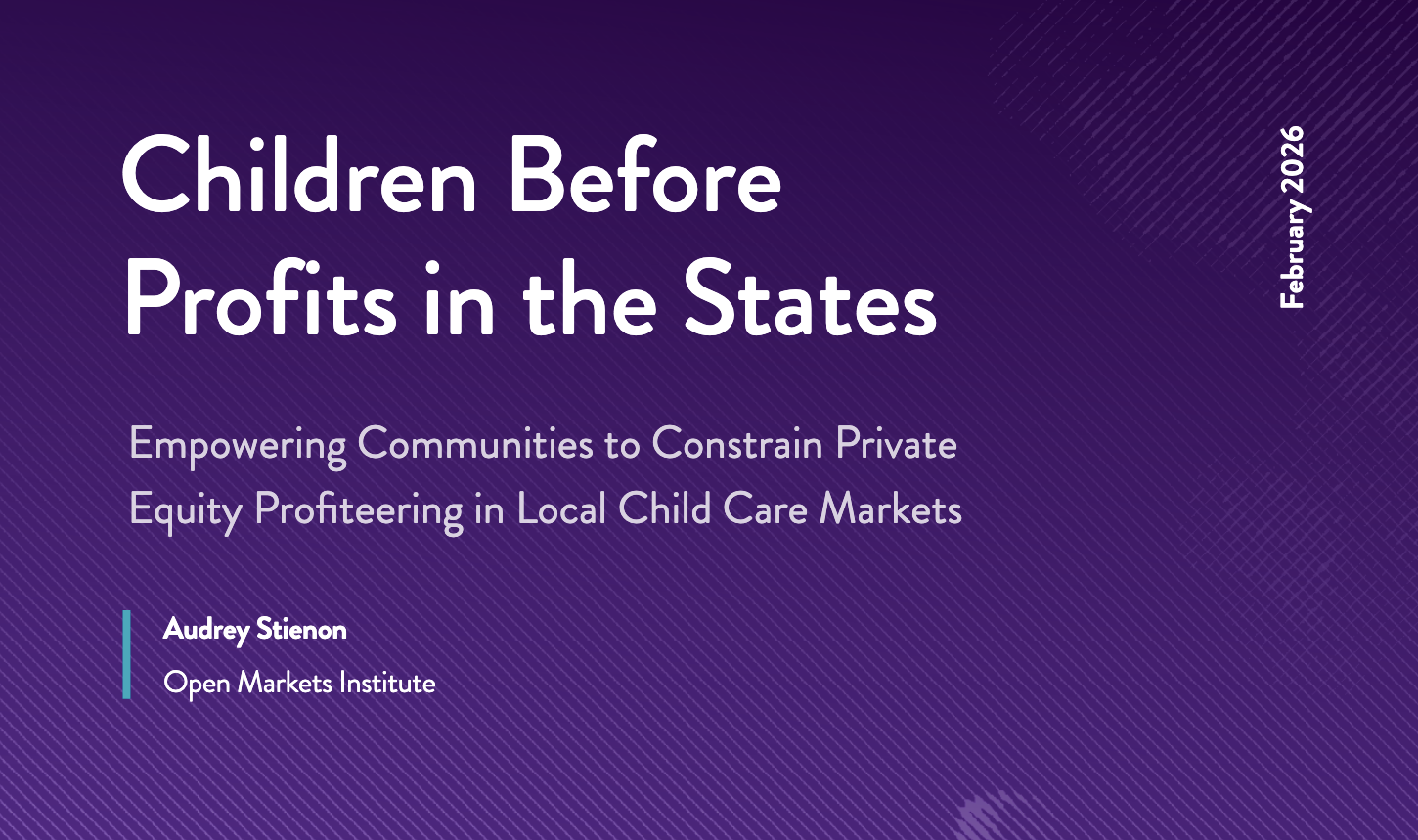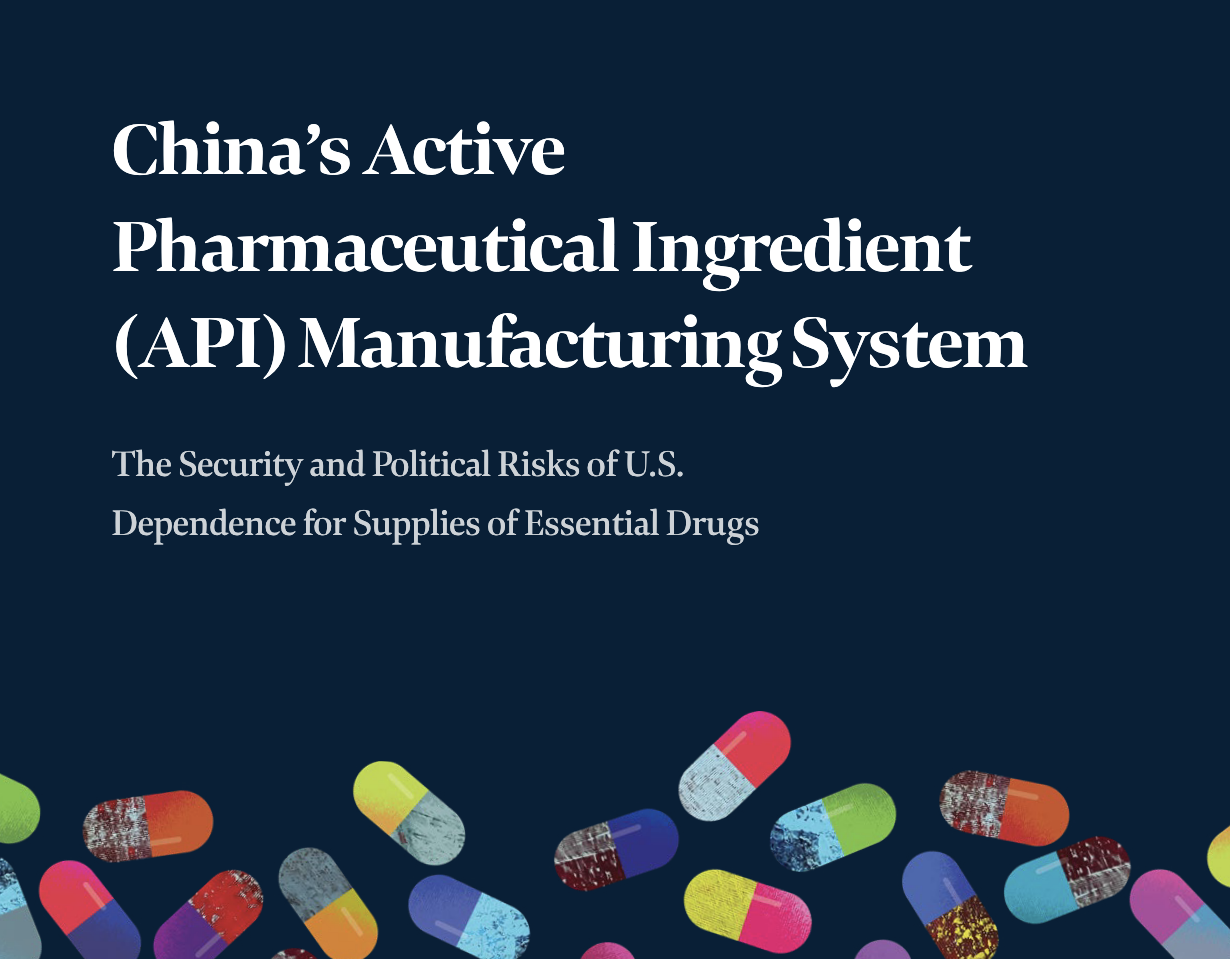About
The mission of the Resilient World Systems program at Open Markets is to develop and advocate for policies that ensure the security, independence, and prosperity of the people of the United States and of all peoples around the world. It is based on the belief that the stability of the world’s industrial, financial, communications, and political systems requires careful coordinated management by national governments.
Over the last generation, the United States and its allies allowed super-large corporations and mercantilist nations to concentrate power and control within these systems in ways that have created many grave economic and political dangers. One result is that many of these systems are now subject to cascading and potentially catastrophic crashes and severe shortages even of vital goods such as foods and medical supplies. A second result is a breakdown of international cooperation and a growing number of cross-border industrial conflicts. Other results include the manipulation of vital news and information, the disruption of democratic debate, and the choking off of climate-friendly technological innovations.
Open Markets is recognized around the world as a pioneer in the study and design of resilient and open international systems. Over the years, our work has deeply shaped thinking among officials in the United States, Europe, Japan, and China, as well as in the IMF and World Bank. Our new partnership with the OECD resulted in the important transatlantic conference Shock Proof to discuss the lessons of the COVID-19 pandemic.
Publications
The Open Markets Institute alongside Community Change/Action, National Women’s Law Center, and Americans for Financial Reform Education Fund released The Children Before Profits State Playbook, which equips state and local organizers, advocates, and policymakers with practical tools to address the risks posed by the growing role of private equity in U.S. child care markets.
The Children Before Profits State Playbook is a joint project of Community Change, National Women’s Law Center, Open Markets Institute, and Americans for Financial Reform Education Fund. It equips state and local organizers, advocates, and policymakers with practical tools to address the risks posed by the growing role of private equity in U.S. child care markets.
Open Markets Institute, alongside partner organisations Article 19, the Balanced Economy Project and SOMO, made a detailed submission to the European Commission urging officials to open an in-depth investigation into Google’s proposed acquisition of the cloud security firm Wiz.
The Open Markets Institute released a report on China’s global dominance in the production of active pharmaceutical ingredients (API) and how the U.S. can and must correct its dependency problem.
Industrial Policy Program Manager Audrey Stienon writes that Europe’s landmark Green Deal is being weakened under pressure from Trump’s tariff threats and rising far-right influence, jeopardizing the EU’s climate ambitions and democratic sovereignty.
In this issue, we take a closer look at whether Trump tariff policies are the only reason Europe might moderate a key carbon pricing mechanism, which lies at the heart of its climate change policy.
In this issue, we explore how a deal by shipping giant MSC and BlackRock to buy dozens of port terminals from a Hong Kong-based operator will concentrate international trade in the hands of a single foreign corporation and threaten national security, despite the U.S. asset manager’s involvement.
Transportation analyst Arnav Rao argues that Donald Trump’s promise to revive U.S. shipbuilding has unraveled amid leadership failures, bureaucratic dysfunction, and neglect of the nation’s maritime industrial base—leaving America’s shipyards weaker and less prepared for economic and national security challenges.
Transportation analyst Arnav Rao is featured in this documentary short to discuss the proposed merger between Union Pacific and Norfolk Southern, which would further consolidate the country’s railroad system.
Industrial policy program manager Audrey Stienon offers the analysis on Trump’s trade coercion amplifying Big Tech’s long-standing use of trade policy to erode national sovereignty and entrenches corporate power over global digital regulation.










